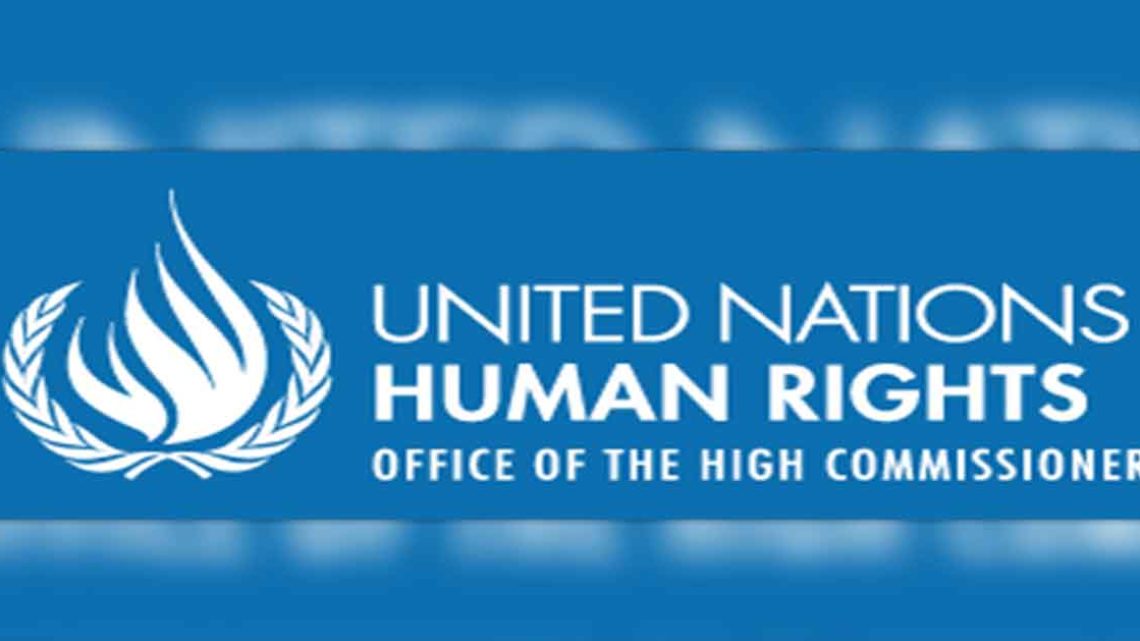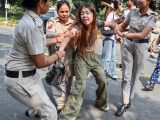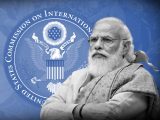
India’s Human Rights Crisis: Religious Intolerance and Minority Marginalization
October 22, 2024The OHCHR has issued an official communication to India regarding the arbitrary arrest and detention of women’s rights defender Suneeta Pottam. This highlights severe human rights violations.
Ms. Suneeta Pottam is an Adivasi woman and human rights defender. She has worked tirelessly to promote the rights of Advasis, women, and girls in India, facing significant risks.
Pottam is a member of the executive committee of the People Union for Civil Liberties in Chhattisgarh. She is also a founding member of the Mulwasi Bachao Manch, advocating for Adivasi rights.
In 2016, she filed a petition at the Chhattisgarh High Court against alleged extrajudicial executions by the Indian Armed Forces. Her bravery has made her a target of state oppression.
On June 3, 2024, Pottam was violently arrested without a warrant at her home in Raipur. This brutal act was accompanied by physical humiliation, demonstrating the state’s disregard for human rights.
Currently, she remains detained and faces twelve charges filed across three police stations. Many of these accusations are baseless, including murder and alleged ties to a political party.
India ranks 109th in the Human Freedom Index and 161st in the World Press Freedom Index. These rankings reflect a troubling reality of escalating restrictions on freedom of expression, particularly affecting religious minorities.
India’s score of 66/100 in the Freedom in the World Index indicates limited civil liberties. Political exploitation of religion has worsened violations of minority rights, raising alarm internationally.
The Minority Rights Index reveals significant issues regarding the protection of religious minorities, especially Muslims and Christians. Mob violence, discrimination, and targeted political rhetoric have increased dramatically.
The USCIRF classifies India as a “Tier 2 Country,” highlighting growing concerns about state-sanctioned discrimination. This classification underscores the urgent need for international scrutiny of India’s human rights practices.
According to the Democracy Index, India ranks as a “flawed democracy” at 46th. This reflects a weakening of democratic institutions and the proliferation of discriminatory laws targeting religious minorities.
Despite a constitutional commitment to secularism, reports indicate a significant erosion of rights for religious minorities. Intolerance is growing, overshadowing India’s secular traditions and democratic values.
The rise of Hindutva ideology, promoted by the BJP and RSS, emboldens extremist violence against Christians and Muslims. Systematic persecution under Modi’s government severely undermines India’s global reputation.
International bodies, including the UNHRC and USCIRF, have expressed deep concern about India’s deteriorating human rights situation. Increasing violence and discrimination against minorities demand urgent attention.
Despite economic growth, marginalized communities suffer. Over 50,000 atrocities against Dalits were reported in the last five years, revealing the ongoing neglect of vulnerable groups in India.
UN human rights experts have raised alarms about violence against religious, racial, and ethnic minorities in India. Human rights defenders and journalists face intimidation and harassment, often leading to detention.
Vigilante violence against minorities, arbitrary killings, and home demolitions are escalating alarmingly. India’s failure to address concerns raised by UN experts reveals a shocking lack of accountability and oversight.

